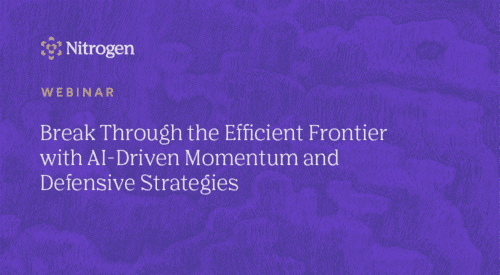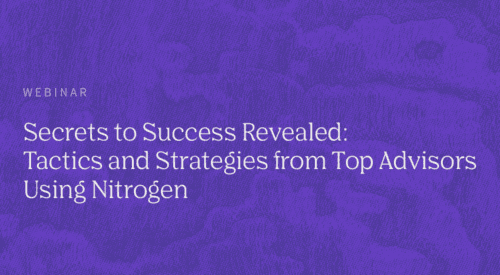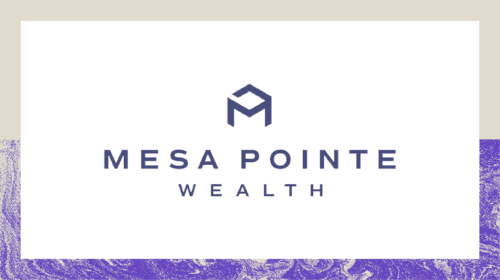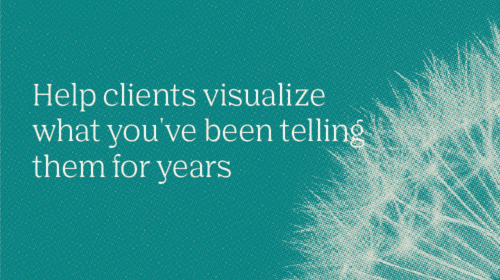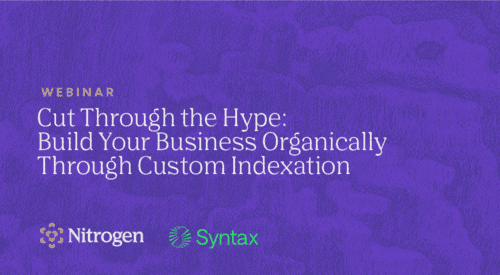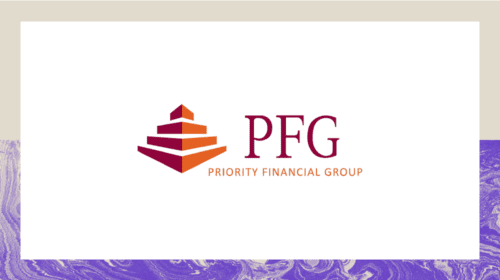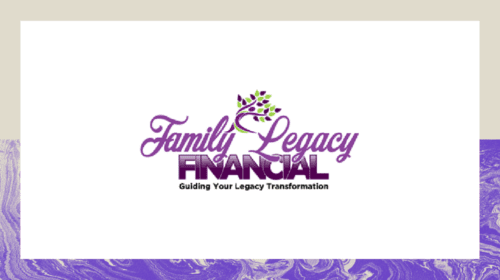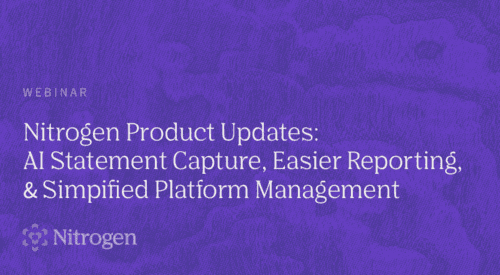As CEO of one of the nation’s largest broker-dealers, Cetera’s Adam Antoniades understands risk better than most. And after being appointed CEO right at the beginning of the pandemic, it has been top of mind in 2020, to say the least. Nitrogen’s Chairman of the Board Lori Hardwick had an opportunity to speak with Antoniades during our virtual Fearless Week to understand how he has helped navigate a firm like Cetera during historically disrupted markets, how those markets have shifted the way clients and advisors view the role of risk in financial planning, and why having a risk solution is now more important than ever for advisors and firms.
Cetera’s advisors, and their investors, have had a lot to balance these past few months: disrupted markets, health concerns, volatile political environments, and social unrest (I think murder hornets fit in there somewhere, too). With all of this happening, support for Cetera’s advisors when they needed it most was the first priority for Antoniades and his team.
“How do you navigate COVID in your business environment? What kind of notices do you need to send? What sort of practices do you need? What kind of procedures do you need to have in place? All of those things – and we had a turnkey solution so advisors didn’t have to go find that, and we delivered it to them literally within a week of it sort of ‘blowing up’.”
How enterprises can support advisors in historically disrupted markets:
“[Riskalyze] leads with the concept of risk, which one way or another, is at the forefront of every…every client’s mind”
Antoniades also knew that the way advisors and clients were viewing risk wasn’t just changing – it was fundamentally shifting as the primary driver of every client’s decision-making process. To continue to support their advisors, Cetera explored risk tolerance and portfolio management tools that could add clarity and allow advisors to build trust with their clients while also enhancing their engagement.
“Risk is at the forefront of every…every client’s mind,” Antoniades explains, “How long will the pandemic last? Do I have a risk of getting sick? Is it going to impact the economy? Do I have risk relative to my personal financial interests? Is it a consideration for my retirement? It’s all centered around risk and I think that is where [Riskalyze] is in its sweet spot because it’s meeting the market where it is at.”
“It’s less about the rational vs. irrational – it’s more about a consistent way to help a client think about risk.”
A consistent way to help clients think about risk:
What specifically drew Cetera to Nitrogen was the way advisors can relate a client’s risk tolerance to a single number that reduces confusion and actually creates parity with clients. In a time where so much in the world seems unpredictable and ever-changing, creating common ground and consistency with investors became essential.
“It’s less about the rational vs. irrational,” said Antoniades, “it’s more about a consistent way to help a client think about risk…which puts a premium on the idea that you need an enterprise risk profile.”
“What Nitrogen does is offer a mechanism to help a client create that personal interaction with an advisor. You’re showing me my portfolio vs. what it means to me. That’s the personalization vs. a PowerPoint on the wealth management capabilities that someone has.”
But aligning a client’s portfolio and investment goals with their risk tolerance isn’t enough in this new environment. More than 80% of investor clients say they want a more personal relationship with their financial advisor, so creating a personal interaction with investors became a must-have for Cetera. Antoniades explains that “what Nitrogen does is offer a mechanism to help a client create that personal interaction with an advisor…it’s relevant to me as a client. You’re showing me my portfolio, versus what it means to me. That’s the personalization, versus a PowerPoint on the wealth management capabilities that someone has.”
Nitrogen creates parity and avoids confusion with clients:
It has become clear that the current market environment has thrust risk front and center in the minds of investors and the way they think about the role of risk in financial planning. It has also shifted the way advisors approach both the role of risk management and how to best communicate it with their clients. Investors now expect their portfolios to be planned and managed in a way that is tailored specifically to them and want to understand how multiple elements of risk can impact them. Risk tolerance solutions are no longer a nice-to-have that can be tacked on an advisor’s tech stack – they are leading the charge.
